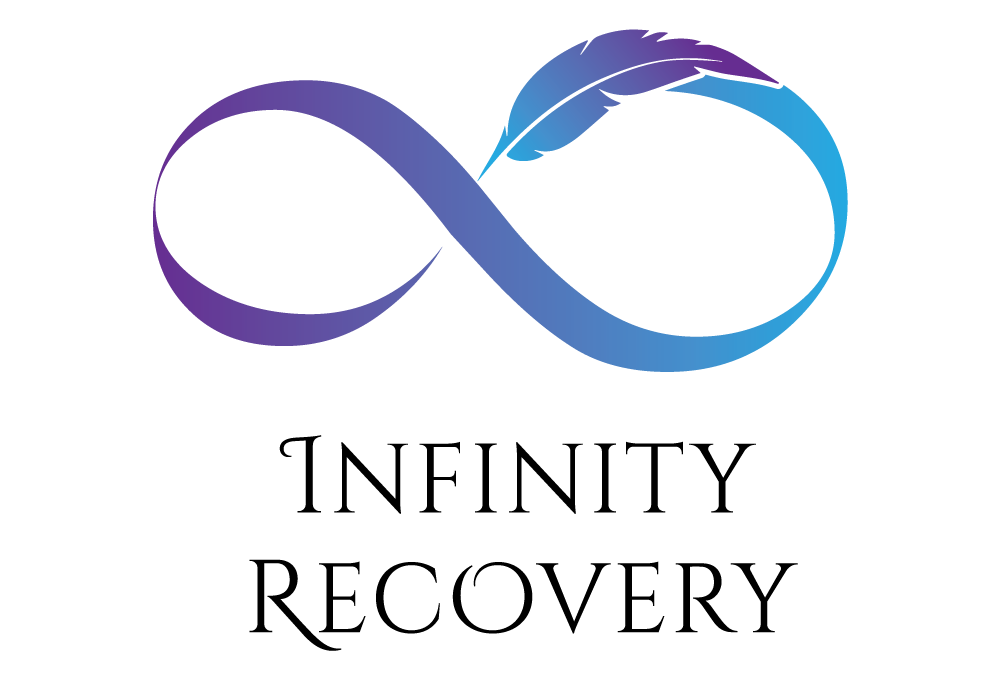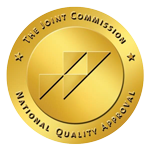Prescription drug withdrawal comes with an increased risk of severe complications. Depending on which substances you are using and how long you’ve been using them, you may need medication-assisted treatment, a specialized form of drug detox.
Prescription drug withdrawal symptoms will typically start within the first few days of your last dose, get gradually worse, and then begin to subside after about one week. However, depending on the prescription, it may be best to receive professional medication-assisted treatment.
Most Commonly Abused Prescription Drugs
The most commonly abused prescription drugs include:
- Opioids
- Benzodiazepines
- Stimulants
The longer you have taken any of these types of drugs and the higher the doses, the more severe prescription drug withdrawal will be. Severe addiction can result in life-threatening prescription drug withdrawal symptoms, which is why it’s essential to get treatment from a qualified treatment center.
Opioids
Opioids are often prescribed for chronic pain or acute pain following something like surgery or a car accident. Unfortunately, opioids are also highly addictive. Opioids can include:
- Fentanyl
- Codeine
- Oxycodone
- Morphine
Some of the most common prescription drug withdrawal symptoms associated with opioids include:
- Vomiting
- Nausea
- Dilated pupils
- Sensitivity to light
- Insomnia
- Increased heart rate
- Goosebumps
- Diarrhea
- Muscle pain
Within the first eight hours of your last dose, withdrawal symptoms begin, and they reach their peak around twelve to forty-eight hours. You can expect prescription drug withdrawal symptoms to last between five and ten days.
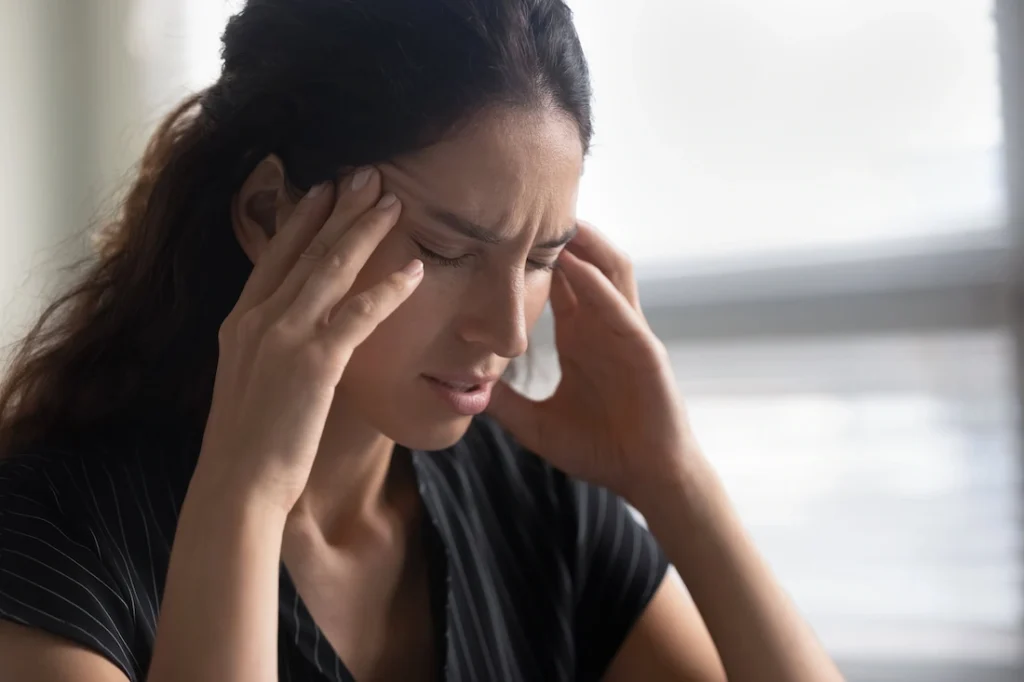
Benzodiazepines
You may have a prescription for benzodiazepines to treat an anxiety disorder. These include:
- Diazepam
- Lorazepam
- Temazepam
- Alprazolam
Some of the most common prescription drug withdrawal symptoms associated with benzodiazepines include:
- Sleep problems
- Irritability
- Increased anxiety and tension
- Panic attacks
- Hand tremors
- Sweating
- Problems concentrating
- Palpitations
- Headaches
- Weight loss
Within the first one to four days of your last dose, withdrawal symptoms begin, and they reach their peak around two weeks. You can expect prescription drug withdrawal symptoms to last around two weeks.
Some of the most common long-term withdrawal symptoms include sleep problems and rebound anxiety, which can last for several months if not properly treated.
Stimulants
Stimulants can be prescribed for legitimate mental health disorders like ADHD. This can include:
- Ritalin
- Adderall
Unfortunately, these, just like a prescription for anxiety or chronic pain, can be highly addictive.
Some of the most common prescription drug withdrawal symptoms associated with stimulants include:
- Insomnia
- Fatigue
- Depression
- Anxiety
- Irritability
- Cravings
The timeline will start within the first few days of your last dose, and symptoms will peak between four and seven days. It can take up to four weeks for all of your prescription drug withdrawal symptoms to diminish, but several months if you don’t get professional treatment.
MAT for Prescription Drug Withdrawal
For opioids in particular, and sometimes for benzodiazepines, regular detox may be insufficient. In these cases, medication-assisted treatment involving FDA-approved prescription drugs can help bind to things like the opioid receptors in your brain, preventing severe cravings.
These medications require ongoing treatment and therapy but provide a higher chance of recovery by reducing the risk of relapse and making you more comfortable during your detox process.
Getting Treatment with Infinity Group Recovery
If you are struggling with prescription drug withdrawal symptoms, our team can help. We offer medication-assisted treatment and a detox program in San Diego to give our clients access to the support and medication they need during the detox process.
We know how essential it is to clearly understand what to expect during your detox process so that changes and discomforts don’t take you by surprise. That’s why our team will go over an initial assessment with you and explain what you can expect based on your personal history of substance abuse.
In addition to knowing what to expect, we will review what medications might be used like:
- Anti-anxiety medications to help with high levels of anxiety
- Anti-spasmodic medications to help with muscle spasms
- Anti-nausea medications to help with nausea or vomiting
Based on the substances to which you are addicted and the most common prescription drug withdrawal symptoms from those substances, we will design a personalized plan and keep you under constant supervision during your detox process.
After detox, we can help you continue with your treatment, receiving the therapy and evidence-based holistic care that keeps your mind and body as healthy as possible for a lasting recovery.
Reach out to our team to start your recovery at 858-967-4140.

